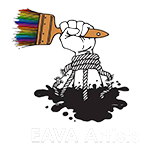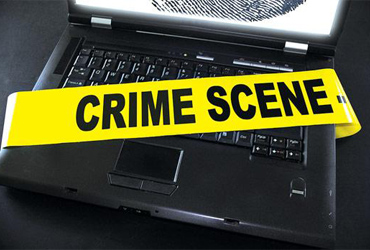Will the Computer Misuse Act help to foster national unity and deter cybercrime, or will it be used to stifle free expression and digital rights?
President Yoweri Kaguta Museveni signed the Computer Misuse Bill into law in mid-October this year. It had only been a month after the Ugandan parliament had passed it. Some consider this timeframe to be too short for a Bill that was tabled to the legislation body a few months ago proposing only a few amendments to the already existing Computer Misuse Act 2011 to be passed into law, although numerous Bills have been discussed several times in parliament over the last ten years or more, only to be shelved.
A section of the public sees the new Act as a legal tool aimed at combating free speech by individuals who have little or no tolerance for criticism, and hence as a setback to national democracy. According to them, the new rule is intended to punish dissent and limit online freedom of expression. People may be arrested, detained, or imprisoned as a result.
However, to individuals such as Hon Muhammed Nsereko, Bill’s mover, who has been subjected to countless social media misinformation campaigns, the Act may appear to be the remedy intended to crush those who slandered him during the recent general election campaigns, protect others from such malice, and help deter those who have exploited and abused their freedoms and access to innovative technology to defame, an individual.
Civil society organizations such as the Human Rights Network for Journalists, Collaboration on International ICT Policy, Unwanted Witnesses, and others who expressed discontent and concerns about the Bill before it was passed into law were disregarded.
According to human rights activists, the new law appears to instil fear in people who intend or wish to criticize the government, the same administration that will likely expand crackdowns on those who do not shy away from criticizing Museveni and his family.
In a country where the internet was disconnected during general election voting times, and where social media platforms such as Facebook can be blocked, where critics such as Teddy Nalubowa, a TikToker, are arrested and remanded to Luzira for celebrating the death of a former security minister, the law is even projected to work under a selective justice system, where it will likely be applied not to pro-government individuals, but to those you choose.
Journalists, for example, are likely to fall victim to the new law, depending on whose ego is injured by a particular report. And this is likely to exacerbate the already deteriorating investigative journalism profession, which means that more and more important stories will be kept under the rags and never see the light of day, or others will never be dared to be shared because journalists will be afraid to cross certain established unneeded red lines.
The new Act not only instils terror in the public, but it also undermines the psychological peace and democracy that our leaders profess to have established.
The civil society intends to challenge the Act in court, focusing on specific articles, particularly those described above, in the hope that the new law will be overturned and revisions that appear fairer to serve the greater interest of the country enacted.
“As everyone from all walks of life pushes for national unity, peace, and tolerance, the right to free expression should never be sacrificed, regardless of one’s political, religious, or ideological beliefs.”




